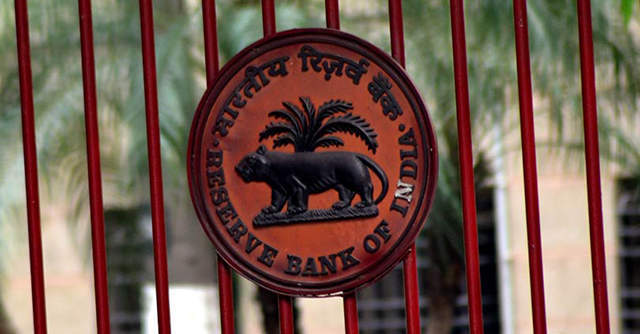
RBI raises cap for lenders on P2P platforms; new category of digital wallets on the cards


The Monetary Policy Committee on Thursday increased the exposure of lenders on peer-to-peer (P2P) non banking financial companies from Rs 10 lakh to Rs 50 lakh, after multiple representations by companies in the sector. The need for operating an escrow account by a bank promoted trustee has also been done away with.
The association of P2P lending platforms had written to the Reserve Bank of India (RBI) in July to relax the norms governing the sector to promote growth. In response, the banking regulator had asked the association for details of loans denied due to the lending cap.
“A review of the functioning of the lending platforms and lending limit was carried out and it has been decided that in order to give the next push to the lending platforms, the aggregate exposure of a lender to all borrowers at any point of time, across all P2P platforms, shall be subject to a cap of Rs 50 lakh,” said a statement issued by RBI.

“Further, it is also proposed to do away with the current requirement of escrow accounts to be operated by bank promoted trustee for transfer of funds having to be necessarily opened with the concerned bank,” said the statement.
The regulator also said that details on creating a new type of pre-paid instrument will also be issued by December 31 for purchase of goods and services without the mandatory complete Know Your Customer data requirements.
RBI had made it mandatory for all digital wallets to complete KYC of customers, the deadline for which has been extended multiple times.

The wallet can be loaded to a limit of Rs 10,000. “The loading/reloading of such PPI will be only from a bank account and used for making only digital payments such as bill payments, merchant payments, etc. Such PPIs can be issued on the basis of essential minimum details sourced from the customer,” said the statement.
Among other announcements, RBI also said that it will come up with guidelines for implementation of baseline cyber security measures by ATM Switch application service providers for regulated entities by December 31.
